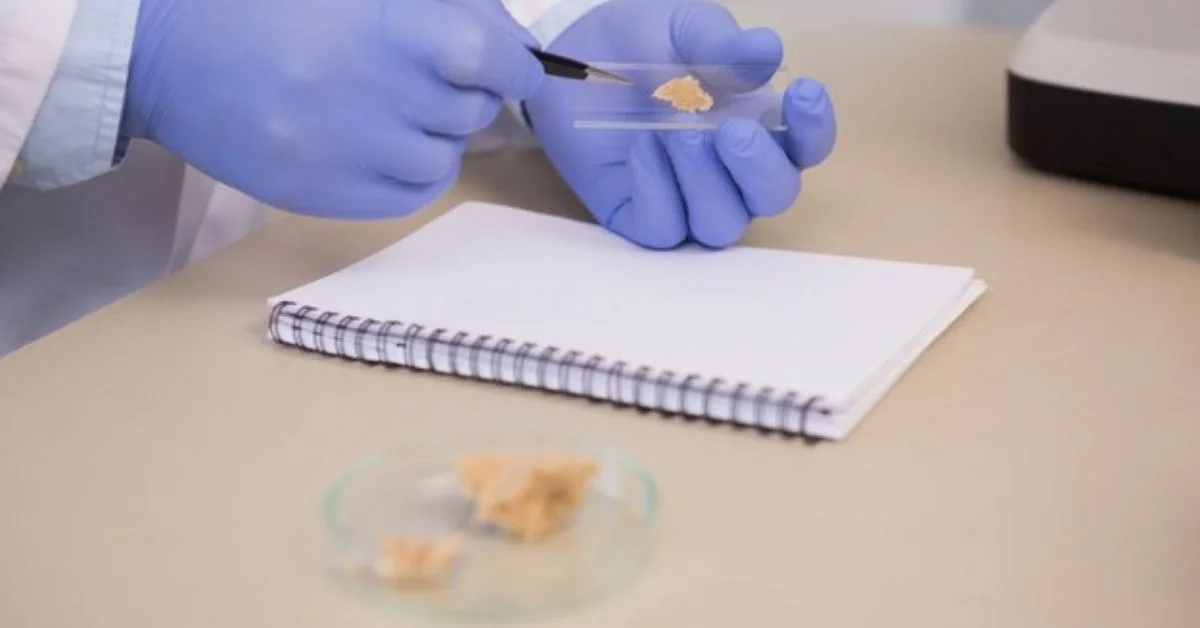Colonoscopy is a term that often brings about mixed feelings. For many, it conjures up images of discomfort and anxiety. However, understanding this procedure can significantly change the perspective surrounding it. As one of the most effective tools for detecting colorectal issues early on, colonoscopy plays a crucial role in preventive health care.
But what exactly does a colonoscopy involve? Why is it recommended? And what are the common myths that could influence your decision to undergo this essential examination? This guide aims to demystify colonoscopy by providing you with valuable insights, answering frequently asked questions, and sharing real patient experiences. Whether you’re considering scheduling your first appointment or just looking to gather more information, we’ve got you covered!
Overview
Colonoscopy is a medical procedure that allows doctors to examine the inner lining of your colon and rectum. It involves using a flexible tube equipped with a camera, which provides detailed images for evaluation. This examination is essential for identifying abnormalities like polyps, inflammation, or cancer.
Typically recommended for adults over 45 or those at higher risk, colonoscopies can help catch potential health issues early on. The process may seem daunting, but it’s an important step in maintaining gastrointestinal health.
The procedure usually lasts around 30 minutes and is done under sedation for comfort. A skilled gastroenterologist will perform it in a safe environment, ensuring you’re well taken care of throughout the experience. Understanding what to expect can alleviate some anxiety associated with this vital health assessment.
Why Colonoscopy is Done
Colonoscopy is primarily performed to screen for colorectal cancer. This procedure allows doctors to visualize the entire colon and rectum, identifying any abnormal growths or polyps that may indicate malignancy. Early detection can significantly improve treatment outcomes.
Beyond cancer screening, colonoscopy helps diagnose various gastrointestinal conditions. It can investigate symptoms like persistent abdominal pain, unexplained weight loss, chronic diarrhea, or rectal bleeding. By examining the interior of the colon closely, healthcare providers can pinpoint issues such as inflammatory bowel disease or diverticulitis.
Additionally, if a patient has previously had polyps removed during a prior colonoscopy, regular follow-up procedures are essential. These check-ups ensure that new polyps do not develop over time and allow for preventive measures to be taken early on in case of reoccurrence.
Preparation and Procedure
Preparing for a colonoscopy involves several key steps to ensure accurate results. Your doctor will provide specific instructions about dietary changes and medications leading up to the procedure. Typically, you’ll need to follow a low-fiber diet for a few days prior, then switch to clear liquids the day before.
The bowel-cleansing process is crucial. You may be prescribed a laxative or an enema to help empty your intestines completely. Staying hydrated during this time is important, as it helps alleviate any discomfort from the cleansing process.
On the day of the colonoscopy, you’ll arrive at the medical facility where staff will guide you through what happens next. You’ll receive sedation medication for comfort during the procedure. The doctor will insert a flexible tube with a camera into your rectum and carefully examine your colon’s lining for polyps or abnormalities.
Expected Results and Follow-Up
After a colonoscopy, the doctor will discuss preliminary findings right away. If polyps or abnormal tissue are spotted during the procedure, they may be removed for further testing. This biopsy is crucial in determining if there are any signs of cancer or other conditions.
You can expect to receive your results within a week. The timing may vary depending on the pathology lab’s workload and how many samples were taken. Most patients find it reassuring to hear that most findings turn out to be benign.
Follow-up appointments might be necessary based on your results and overall health history. Regular screenings could also be advised, especially if you have risk factors for colorectal issues. Staying informed about your follow-up care is essential in maintaining good digestive health.
Risks and Complications
While a colonoscopy is generally safe, it does carry some risks. Common complications include discomfort after the procedure and mild cramping. These symptoms usually resolve quickly but can be concerning for some patients.
More serious complications are rare yet possible. They include bleeding, particularly if a biopsy is taken or a polyp is removed during the exam. Infections can also occur, though they are uncommon when proper protocols are followed.
In very rare instances, perforation of the bowel may happen. This requires immediate medical intervention and could lead to hospitalization. Understanding these potential risks helps patients make informed decisions about their health and prepares them for what to expect during recovery.
Colonoscopy Myths
Many misconceptions surround colonoscopy, leading to unnecessary fear and anxiety for patients. One common myth is that the procedure is extremely painful. In reality, most people experience minimal discomfort thanks to sedation options available during the exam.
Another prevalent belief is that only older adults need to undergo colonoscopies. However, recent guidelines recommend screenings starting at age 45 for average-risk individuals, as colorectal cancer rates are rising among younger populations. Early detection significantly improves outcomes.
Some also think that a colonoscopy can be skipped if there are no symptoms present. This misconception overlooks the fact that many colorectal issues develop silently without noticeable signs. Routine screenings can catch problems early when they’re more treatable and manageable.
Clinical Trials and Research
Clinical trials play a crucial role in advancing our understanding of colonoscopy. Researchers explore various aspects, such as improving techniques and finding better preparation methods. These studies aim to enhance patient comfort and outcomes.
Recent research has focused on the effectiveness of virtual reality tools during procedures. Some trials investigate new imaging technologies that could provide clearer results with less discomfort. Innovations like these can transform how colonoscopies are performed.
Moreover, ongoing studies look into screening guidelines for different age groups and risk levels. This research helps healthcare professionals tailor recommendations based on individual needs. As findings emerge, they contribute valuable insights that refine best practices in colonoscopy care.
Patient Stories and Experiences
Every patient’s journey with colonoscopy is unique. Some approach it with anxiety, while others feel a sense of relief knowing they are taking proactive steps for their health. Many individuals have shared how the experience opened their eyes to the importance of regular screenings.
For some, the preparation phase can be daunting. They recount stories about adjusting their diets and managing bowel prep medication, often finding comfort in sharing tips online or discussing experiences with friends and family. These conversations help ease worries and build camaraderie among those facing similar procedures.
Afterward, many patients report feelings of empowerment. Completing a colonoscopy often leads to greater awareness of digestive health and an appreciation for preventive care. Hearing firsthand accounts from fellow patients encourages others to prioritize these essential check-ups without fear or hesitation.
Recommendations and Considerations
When preparing for a colonoscopy, timing is essential. Schedule your appointment at a time when you can take it easy afterward. Recovery typically involves rest and hydration. You may feel groggy from sedation, so arrange for someone to drive you home.
Consider discussing your family history with your doctor before the procedure. If colorectal cancer or polyps run in your family, earlier screenings might be recommended. Tailoring the frequency of colonoscopies based on personal risk factors ensures proactive health management.
Eating well post-procedure can aid recovery and digestion. Gradually reintroduce foods starting with light options like broth or crackers before returning to regular meals. Staying hydrated is vital during this phase as your body adjusts after fasting prior to the exam.
Resources and Contacts
When it comes to colonoscopy, having the right resources can make all the difference. Various organizations and health institutions provide valuable information and support for patients.
The American Society of Gastrointestinal Endoscopy (ASGE) offers detailed guidelines on what to expect before, during, and after a colonoscopy. Their website is rich with educational material that demystifies many aspects of this procedure.
Additionally, the American Cancer Society provides insights into colorectal cancer screening recommendations. They also feature survivor stories that might inspire you or someone in your family to stay proactive about health screenings.
For personalized guidance, don’t hesitate to reach out to healthcare professionals. Your primary care physician can help you navigate any concerns regarding when and how often you should get screened based on your risk factors.
Online forums and local support groups are other excellent avenues where individuals share their experiences and advice about colonoscopies. Engaging with others may alleviate fears or uncertainties surrounding the process.
Remember, knowledge empowers action. Having access to reliable sources ensures you’re well-equipped for your journey toward better digestive health.









